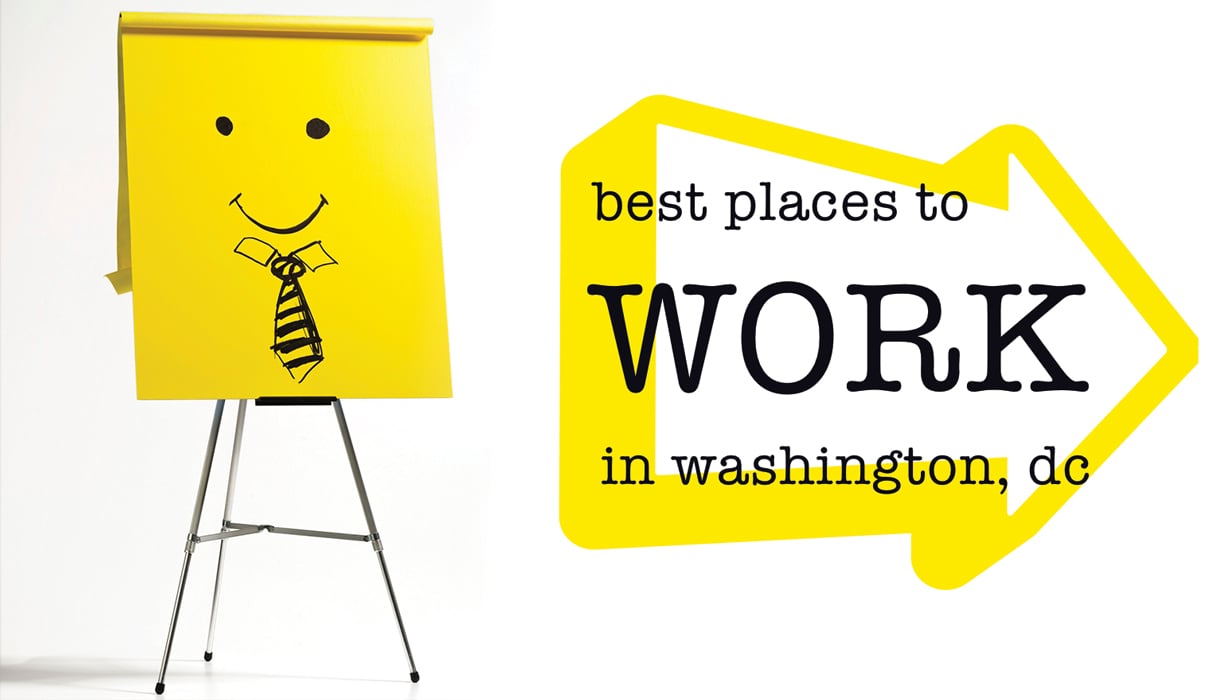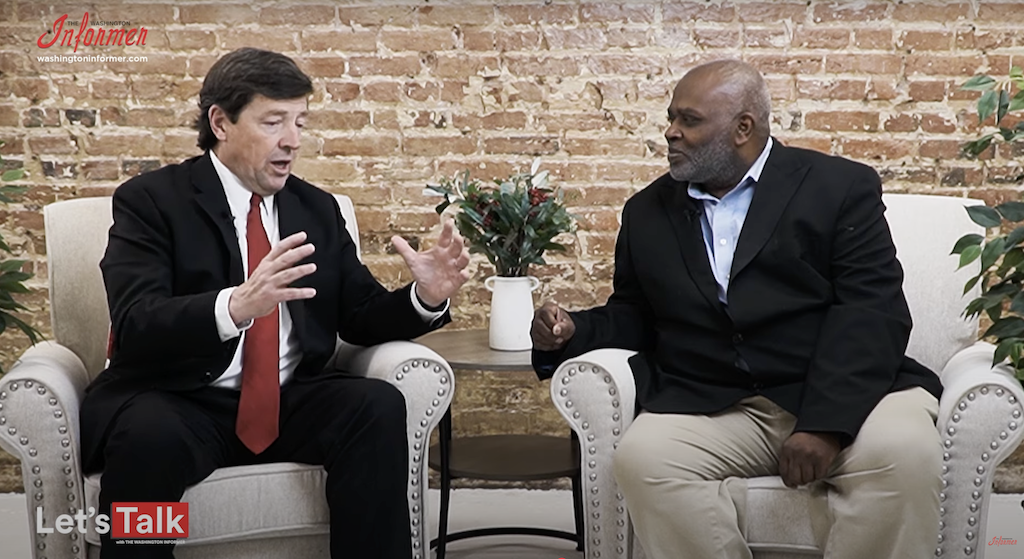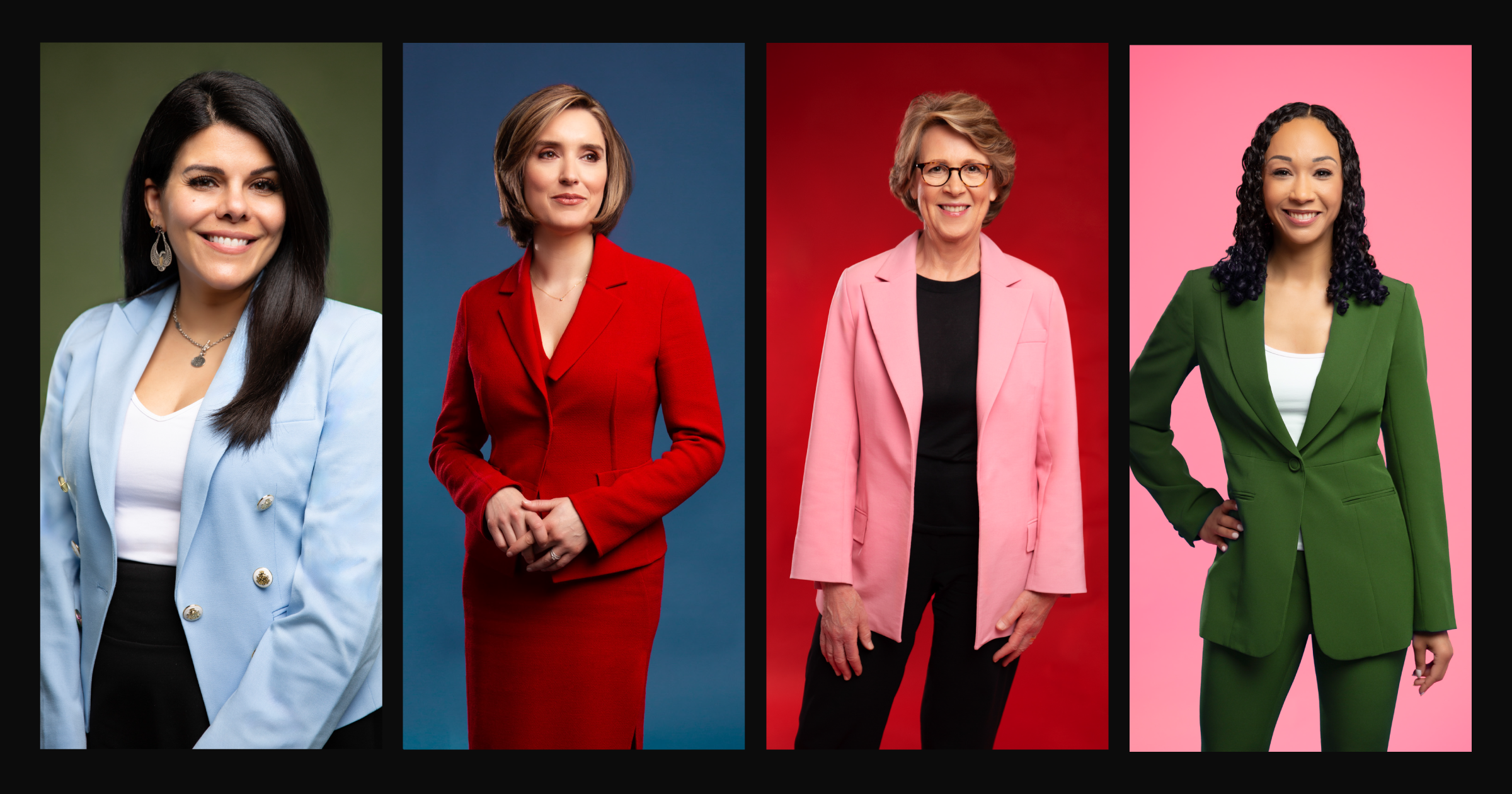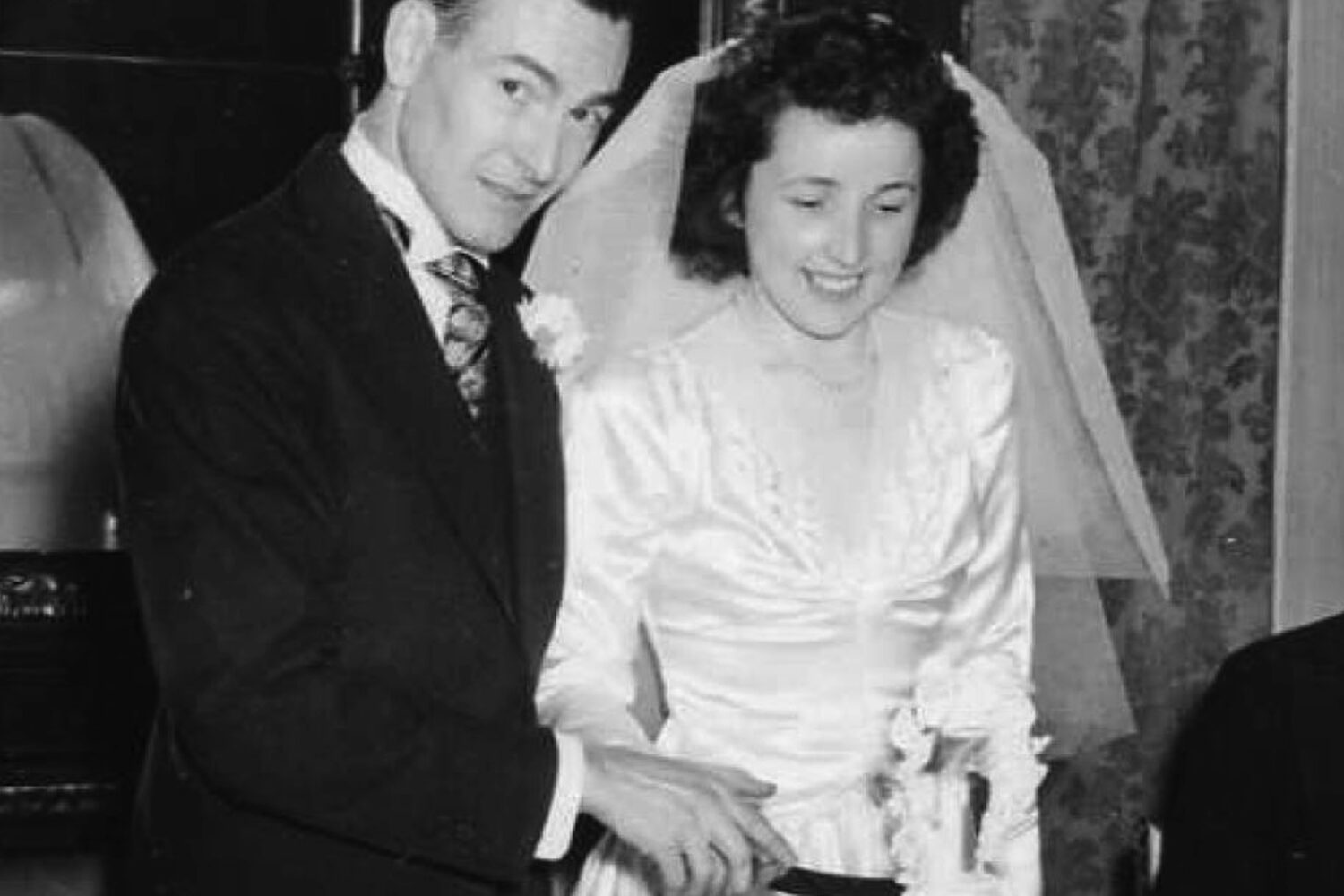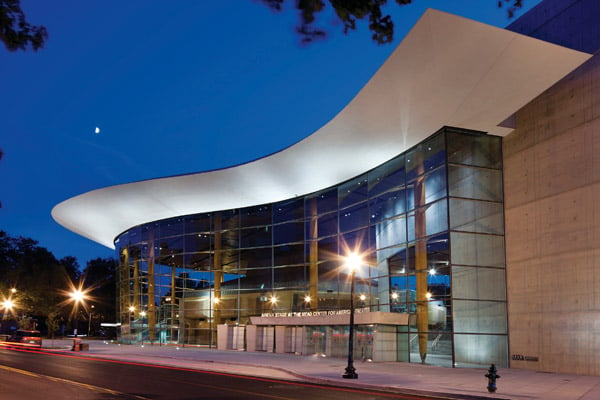How did we come up with these 50 Great Places to Work?
That’s a question we hear whenever we publish this feature.
(If you’re asking, “Why isn’t my company on this list?,” more on that later. If you’re not thinking that, maybe you need our list.)
To arrive at these winners, we first released an application that any employer could fill out, and promoted it on our website, on social media, and through the Greater Washington Board of Trade. The application asked about everything from telecommuting policies to employee turnover. We then sent surveys to a representative sampling of each firm’s employees, asking them to rate their workplaces on measures such as whether managers are supportive and whether the work is interesting. The employee scores were the major part of determining winners: A company can offer a long list of benefits, but if employees aren’t happy, it’s not a great place to work in our book. A great employer must also be great for the community, so we also looked for company-sponsored charitable activities and giving.
Government agencies were chosen differently. For those, we consulted with the Partnership for Public Service, a nonprofit that does its own ranking of the best places to work in the federal government.
Once we had the data, we compared like with like: small companies against other small companies, information-technology firms against other IT firms, nonprofits against nonprofits, and so on. Besides federal agencies, we evaluated nearly 200 workplaces that were a rather self-selecting lot: Few employers take the time to enter the competition if they don’t believe they’re great places to work.
So what makes an employer great?
The answer, of course, depends on what industry you’re in and where you are in your career. If you’re young and single, a mentoring program might mean more than a 401(k) match.
Yet there are things that all 50 Great Places to Work have in common, and it’s not just good pay and benefits, though they all have that.
Employees at these workplaces tell us they have a sane work/life balance because managers give them the trust and autonomy to do their jobs, allowing flexible hours and telecommuting.
“We kind of lead the country in telecommuting,” says Bruce Elliott, manager of compensation and benefits at the Society for Human Resource Management. “There’s commitment from the federal government to it. Contractors are committed, too. You almost need to offer that benefit to be competitive. That’s how widespread it is in DC.”
Employees are also happiest at companies that offer opportunities to learn and grow, whether through continuing education or challenging projects, and when the culture is transparent.
“Employers want an engaged employee, but employees want an engaged employer where communication is clear, honest, and forthcoming,” says Leora Lawton of TechSociety Research in California, who designed our surveys and analyzed the data. “And perhaps most importantly, where coming to work means doing meaningful things with enjoyable people.”
Just because a company or nonprofit isn’t on this list doesn’t mean it’s not a great place to work: Many employers choose not to apply.
Wondering why there are so many IT firms on the list? It’s because business is booming here for many in IT. They’re hiring like mad and competing for talent, and thus offering not only good pay and flexibility but also generous perks, such as unlimited vacation and fully paid health-care premiums, that keep workers satisfied.
They’re not the only ones with job openings. Another thing we asked on our Great Places to Work application was whether a firm was hiring. These are.
See where Washington’s best companies and organizations are on the map below. Click on the icons to learn more about each place to work.
The 50 workplaces named here are not the only good employers in Washington. Fortune magazine included several local firms on its recent list of 100 Best Companies to Work For, including Arnold & Porter, Capital One, CustomInk, Marriott, Mars, Navy Federal Credit Union, and TEKsystems. Yet none of these is on our list. Why? Some companies limit how many “best places to work” contests they enter, to reduce the number of workplace surveys their employees have to take. (Our list, like many, is based on employee satisfaction as reflected by surveys we design and employees fill out.) While this means that most of these companies don’t apply to our competition, we have to admit that respecting their staffers’ time is likely one reason they’re good places to work.
- Advanced Simulation Technology
- American Speech-Language-Hearing Association
- Avian
- Axiom Resource Management
- Brazen
- Capterra
- Carfax
- Cassaday & Company
- DataSync Technologies
- Data Works
- Defense Point Security
- Department of State
- Eagle Hill Consulting
- Edelman Financial Services
- The Educe Group
- EMC Corporation
- ESAC (Enterprise Science And Computing)
- Evans Incorporated
- FDIC (Federal Deposit Insurance Corporation)
- Glassman Wealth Services
- Harris, Wiltshire & Grannis
- HBI
- InCadence Strategic Solutions
- Infinitive
- Integrity Applications Incorporated
- Knight Point Systems
- Mapbox
- MCN Build
- Merritt Group
- MicroPact
- The Midtown Group
- The Motley Fool
- NASA
- Next Century
- Novetta
- Ntiva
- Peace Corps
- Raffa Financial Services
- Rand Construction Corporation
- RAND Corporation
- Rare
- Redfin
- RepEquity
- Snagajob
- Suntiva
- Technology Management Associates
- Tenable Network Security
- U.S. Army Audit Agency
- U.S. Travel Association
- Washington Office on Latin America
There is no association between this article and Great Place to Work Institute, Inc., the company based in San Francisco, California. GREAT PLACE TO WORK® is the registered trademark of Great Place to Work Institute, Inc.
James Michael Causey and Philip Garrity provided research and writing. Think your office a great place to work? Nominate your employer for a future list by emailing sdalphonse@washingtonian.com with the subject line “great place to work.”
This article appears in our November 2015 issue of Washingtonian.

